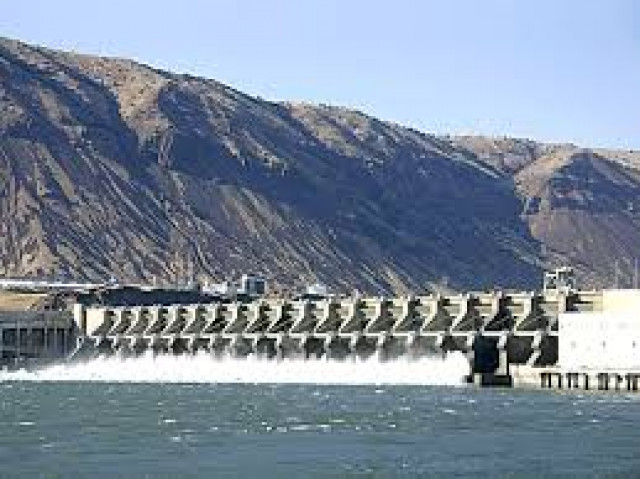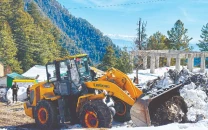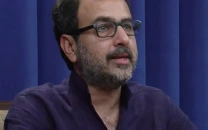India resorts to 'water terrorism' in attempt to strike back at Pakistan
New project aims to harness water that was flowing untapped to Pakistan

PHOTO: FILE PHOTO
Pakistan has opposed the Indian project, and the use of 'water terrorism' as a tactic to target the country.
In a blatant disregard of the legitimate rights enjoyed by Pakistan under the Indus Waters Treaty (IWT), the Central Water Commission (CWC) in India has finalised a detailed report on the project titled 'Ujh', according to sources.
The government has said that the proposal aims to harness water that was flowing untapped across the border. The project report has been submitted to the puppet regime in IOK for evaluation so that construction can begin as soon as possible.
Indus Water Treaty: Farmers say Indian policies leaving Pakistan high and dry
The project will store around 0.65 million acre feet (MAF) of water from Ujh (a tributary of Ravi) to irrigate 30,000 hectares and produce over 200 megawatts of power.
New Delhi decided to take another look at the implementation of IWT after India's Prime Minister Narendra Modi decided to do so following the attack on an Indian army camp at Uri in 2016, which was blamed on Pakistan.
Islamabad has vehemently denied these claims.
An inter-ministerial task force that includes Nripendra Mishra, principal secretary to PM Modi, and National Security Adviser Ajit Doval, was formed to examine the IWT with Pakistan.
Controversial dams: Pakistan asks World Bank to set up arbitration court
It took the CWC in India 16 years to complete the process of compiling a detailed project report on the matter after getting a formal nod to do so in 2001, following a political prompt from the current government.
The task force was set up after India decided it will explore all options for utilising 'maximum waters' of the Indus system that it was legally granted under the treaty.
This article originally appeared on The Times of India website



















COMMENTS
Comments are moderated and generally will be posted if they are on-topic and not abusive.
For more information, please see our Comments FAQ